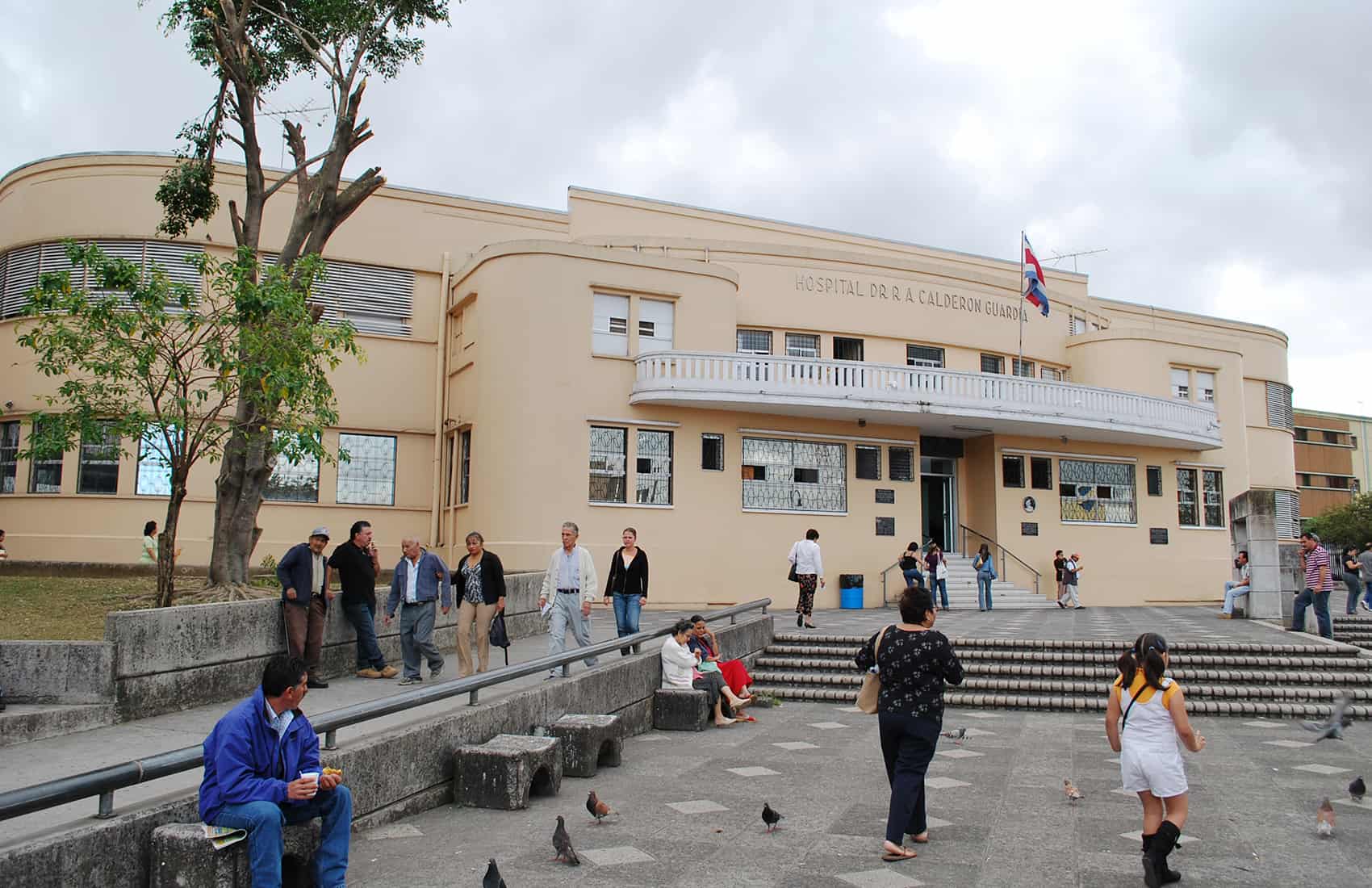The coronavirus crisis has transformed life in Costa Rica, which has enacted measures to protect the capacity of its health system.
Here’s what you should know as a new day starts in Costa Rica:
No insurance needed to receive coronavirus care
Costa Rica has recorded 27 deaths related to COVID-19, up 15 deaths over the same number of days.
On Friday, Daniel Salas attributed the rise in deaths to delayed diagnoses. The Health Minister reminded the public that anyone with COVID-19 symptoms can receive care — free of charge — at Costa Rica’s public health care system.
“We have seen that some people, unfortunately, have not consulted [medical care] in a timely manner,” Salas said. “I want to remind people that even if they don’t have a job, even if they don’t have insurance, the Caja (Costa Rican Social Security System) will attend to them and won’t charge them if they have a symptom or a condition that is related to COVID-19.”
Symptoms don’t need to be critical, Salas added, saying people should not delay care “on the pretext that they don’t have money” if they experience a cough or fever.
On Friday evening, the Health Ministry announced the country’s 27th coronavirus-related death. The 45-year-old Costa Rica, a resident of Limón province, passed away in his home with a severe acute respiratory infection. He wasn’t tested for SARS-CoV-2 until after his death.
Costa Rica announced restrictive measures, beginning Saturday, in an effort to regain their tracking of the virus and slow outbreaks.
Fewer driving deaths so far in 2020
One benefit of Costa Rica’s nationwide driving restrictions is a notable decrease in traffic fatalities. So far in 2020, the Public Works and Transport Ministry (MOPT) has recorded 152 road fatalities, 66 fewer compared to the first half of 2019.
MOPT attributed the statistic to there being fewer cars and more Traffic Police on the country’s roads.
“People are complying with the measures issued by the Health Ministry — that is reflected in the number of vehicles on the roads — but clearly that has allowed us, as a Traffic Police, to dedicate more police resources to roadside controls,” said German Marín Sandí, director of the Traffic Police.






